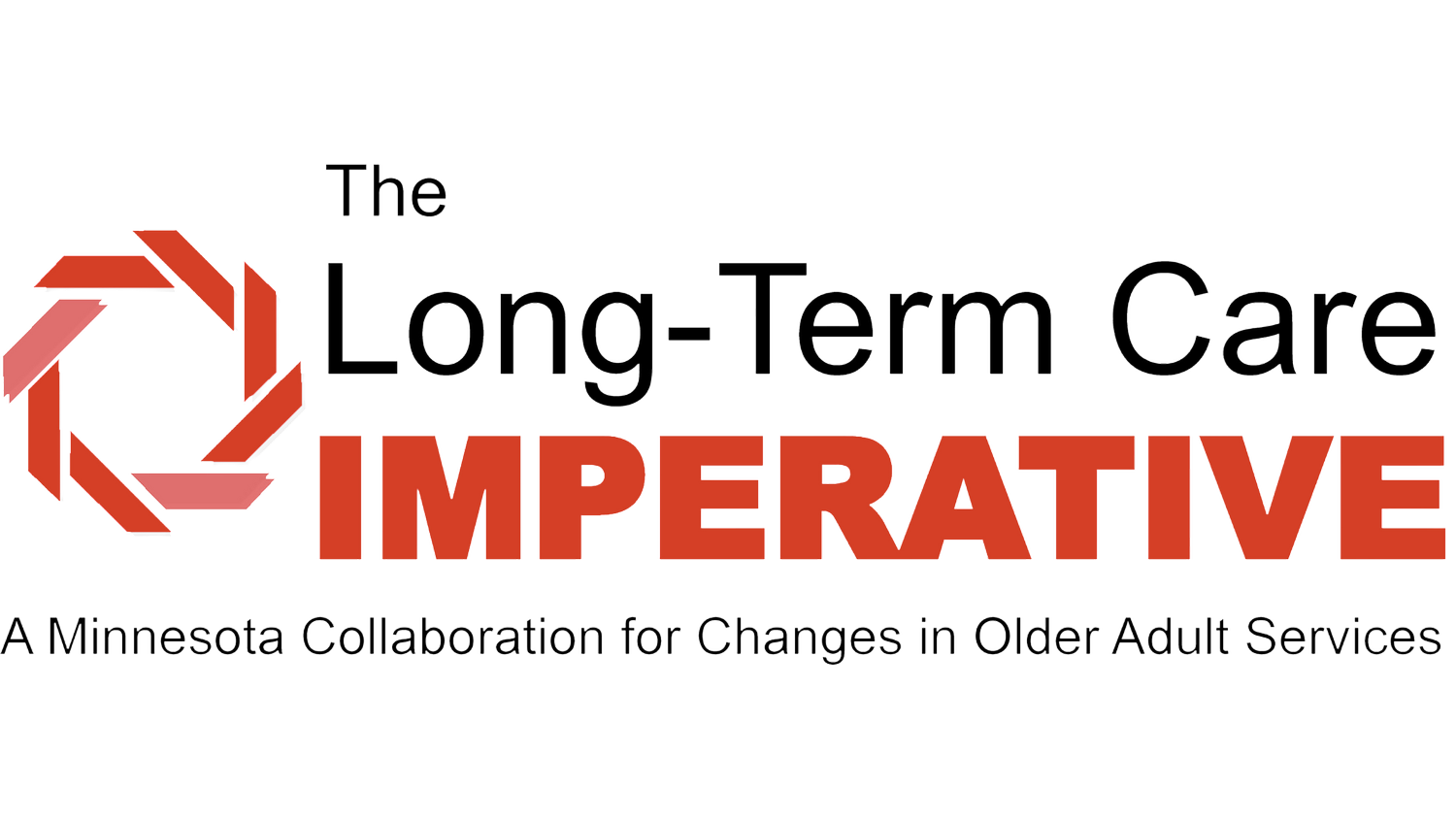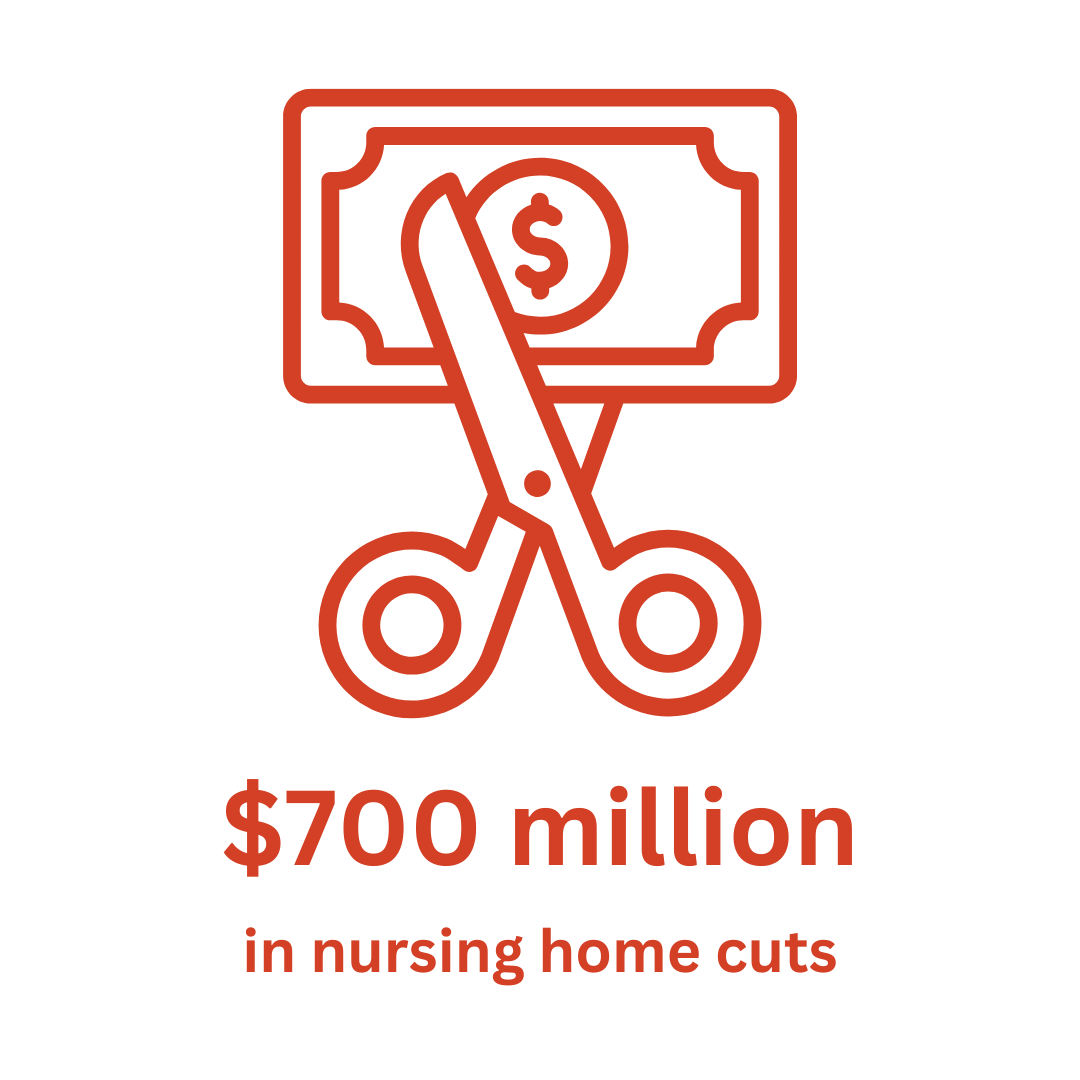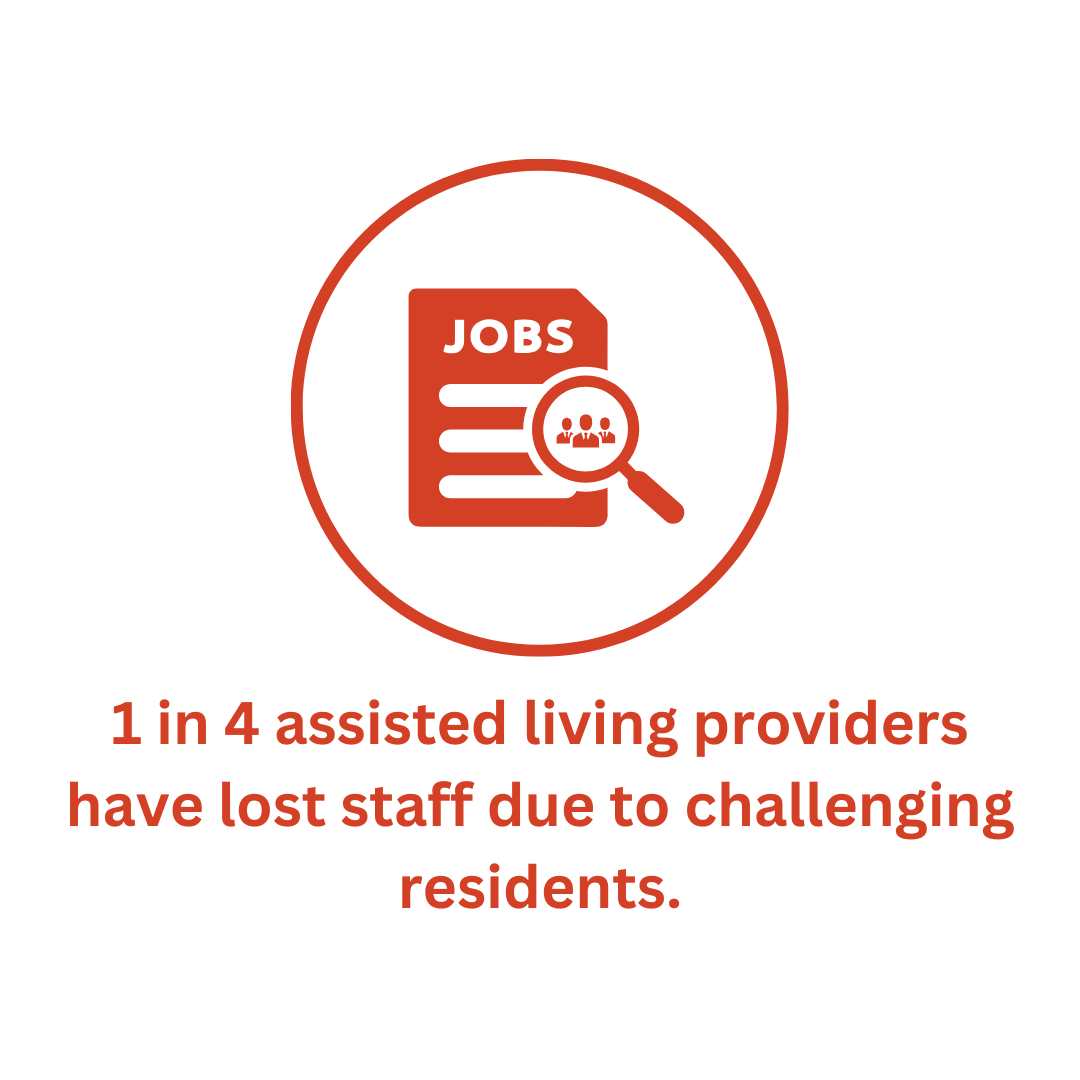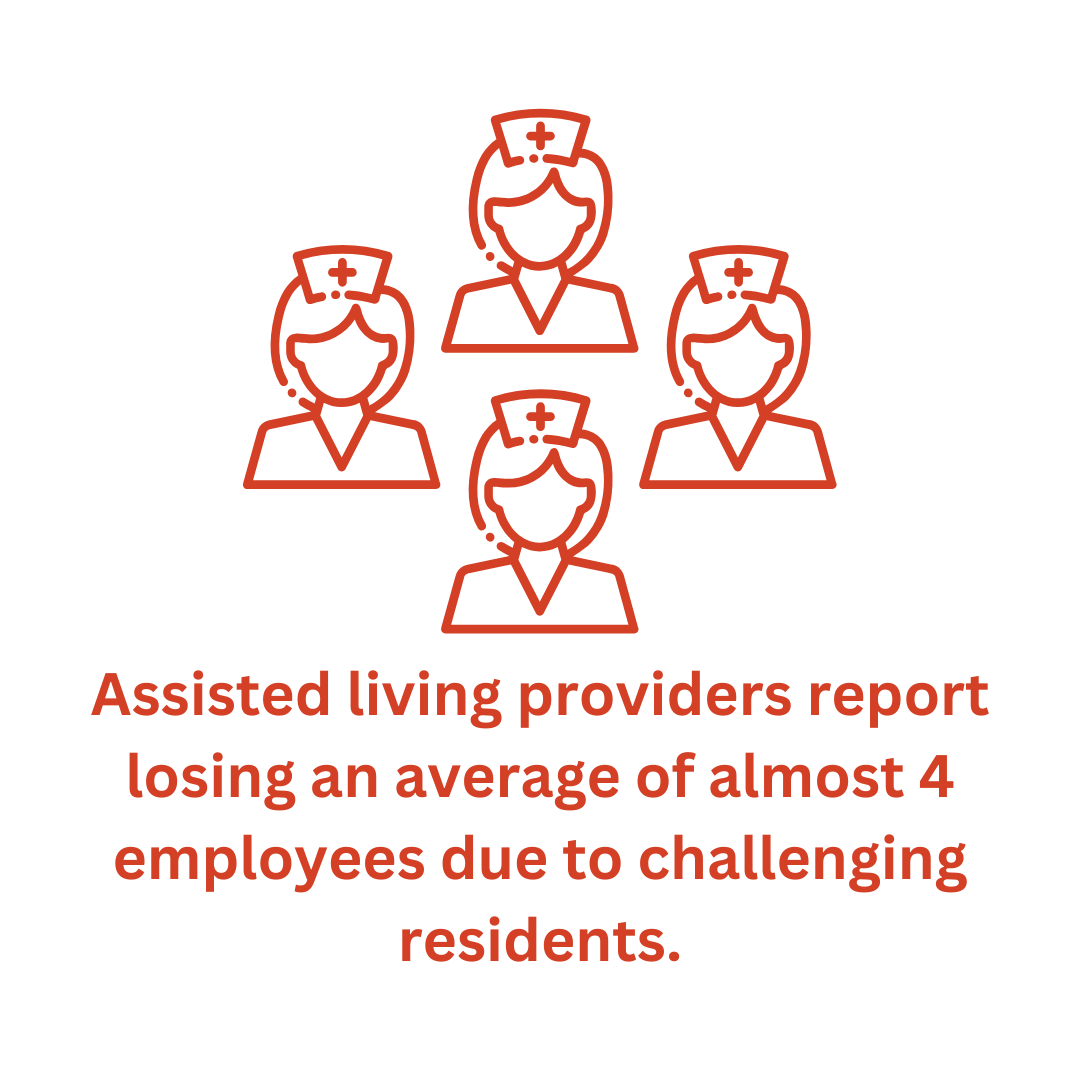
Policy Priorities
We’re calling on lawmakers to oppose cuts to care and unfunded mandates that would harm seniors and their caregivers.
During the 2025 legislative session, the Long-Term Care Imperative is urging legislators to oppose changes to the Value-Based Reimbursement system, reform the Nursing Home Workforce Standards Board, and support common sense regulatory changes that improve seniors’ safety and quality of care.
Policy Priorities for the health of skilled nursing facilities
Oppose dismantling the Value-Based Reimbursement (VBR) system for long-term care.
Since its bi-partisan adoption in 2015, VBR has significantly improved caregiver wages and helps providers adapt to changes in the costs of care.
Governor Walz’s proposed 2025 budget threatens the status of VBR. Across all relevant funds, the Governor’s budget would cut an estimated $700 million in funding for nursing homes over four years.
Repeal the MN Nursing Home Workforce Standards Board (NHWSB) and/or fund the impacts of its ill-advised regulation
In 2024 the unelected, nine-member board (NHWSB) imposed two mandates that will burden Minnesota nursing homes with almost $200 million in costs over the next four years – without offering any financial support to cover them:
The first mandate requires 150% pay for eleven holidays, which will cost nursing homes an estimated $25,000 each, annually. Across all nursing homes, this amounts to $20 million over the next four years.
The second mandate established a minimum wage for nursing home caregivers that will cost Minnesota nursing homes $175 million over the next four years.
By the Numbers: Governor Walz’s Proposed Budget
Policy Priorities for the health of assisted living, home and community-based services
Support revisions to Chapter 144G to protect seniors from unsafe environments.
Over 50% of long-term care providers have considered initiating a contract termination with a resident due to the risk of harm to other residents or staff. But of the 1,800 residents in assisted living communities that met the criteria for contract termination, it was pursued in fewer than 25% of cases due to legal and regulatory barriers.
A quarter of assisted living providers have lost staff due to challenging residents in their settings.
Revise Chapter 144G to align with the Nurse Practice Act to enable LPNs to practice the full scope of their work in all of long-term care, just as they are able to in other areas of healthcare.
Due to legal and regulatory inconsistencies, Licensed Practical Nurses (LPNs) are unable to practice up to the full scope of their training in assisted living facilities.
This actively prevents seniors from receiving a higher standard of care from their caregivers. LPNs can already practice the full scope of their work in other areas of healthcare. Extending this ability to assisted living settings will help address caregiver shortages.








